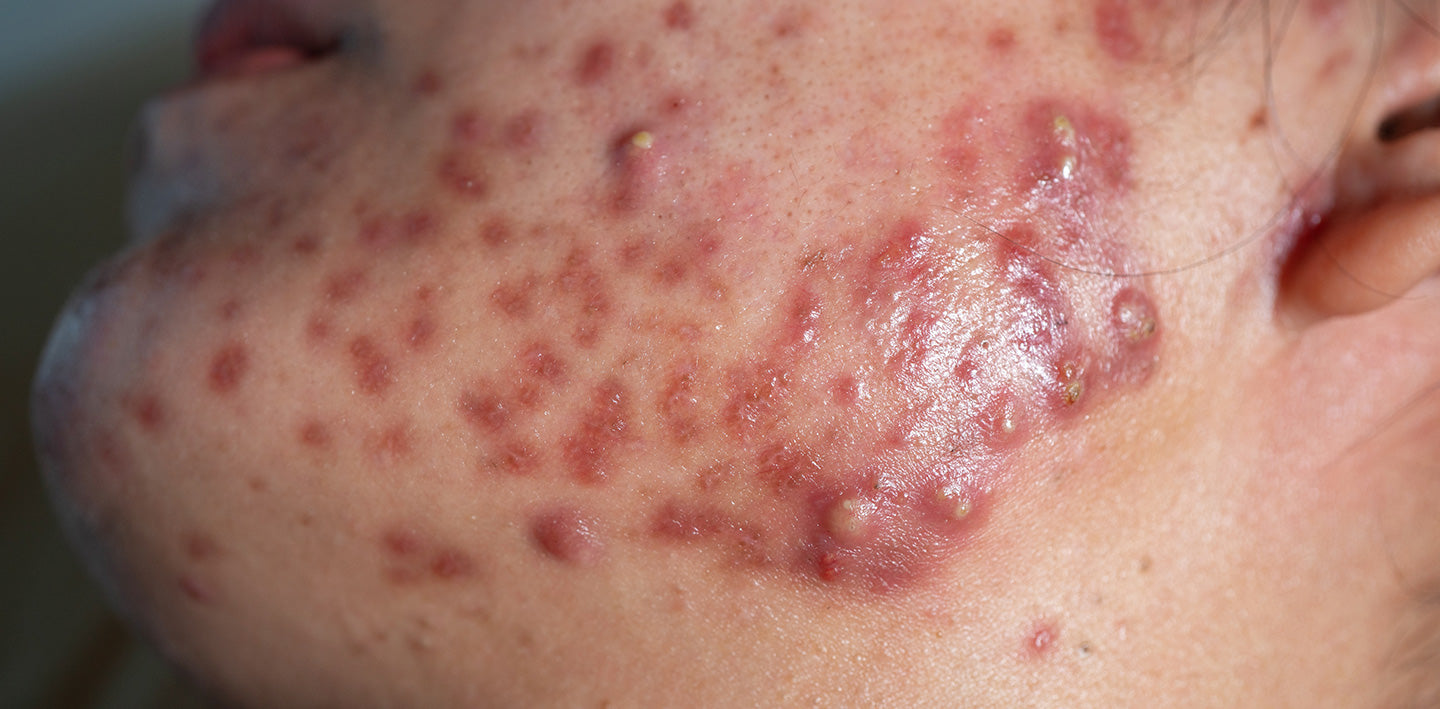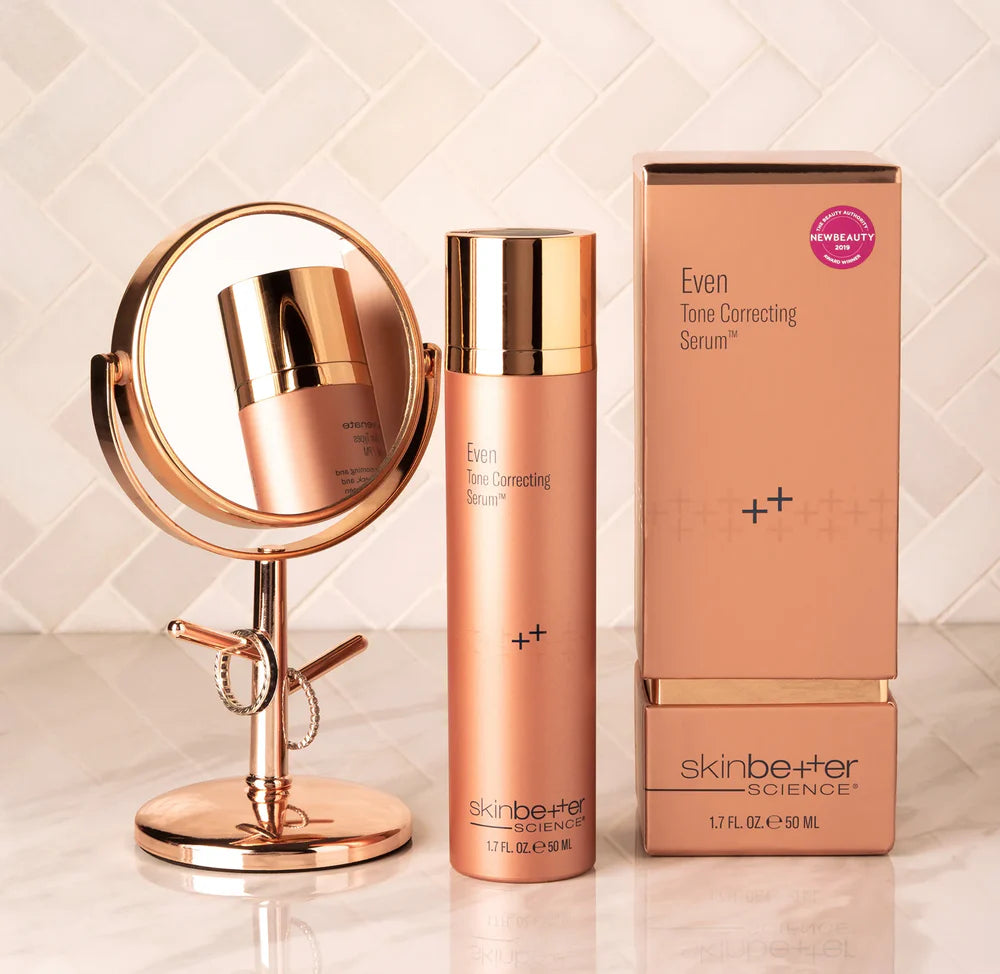Our passion lies in providing the latest techniques and technology for treating cosmetic skin concerns and managing varicose veins non-surgically.

What is Acne?
Acne is a skin condition characterised by pimples, blackheads, whiteheads, and cysts. It usually appears on the face, neck, chest, back, and shoulders. Acne can range from mild to severe, and while it’s most common in teenagers, it can affect people of all ages. Understanding what causes acne is crucial in finding the right treatment. Here are the primary causes:
Excess Sebum
Production
The sebaceous glands in the skin produce an oily substance called sebum. When the body produces excess sebum, it can mix with dead skin cells and clog pores, leading to acne.
Clogged
Hair Follicles
Dead skin cells that don’t shed naturally can combine with sebum, creating a plug that blocks hair follicles. This blockage can result in whiteheads and blackheads.
Bacteria
Propionibacterium acnes (P. acnes) bacteria, which normally live on the skin, can multiply rapidly in clogged pores, leading to inflammation and pimples.
Hormonal
Changes
Hormonal fluctuations, particularly during puberty, pregnancy, and menstrual cycles, can trigger or worsen acne by increasing sebum production.
Diet and
Lifestyle
Certain foods, like dairy products and high-glycemic-index foods, may contribute to acne flare-ups. Stress, lack of sleep, and poor skincare routines can also aggravate the condition.




